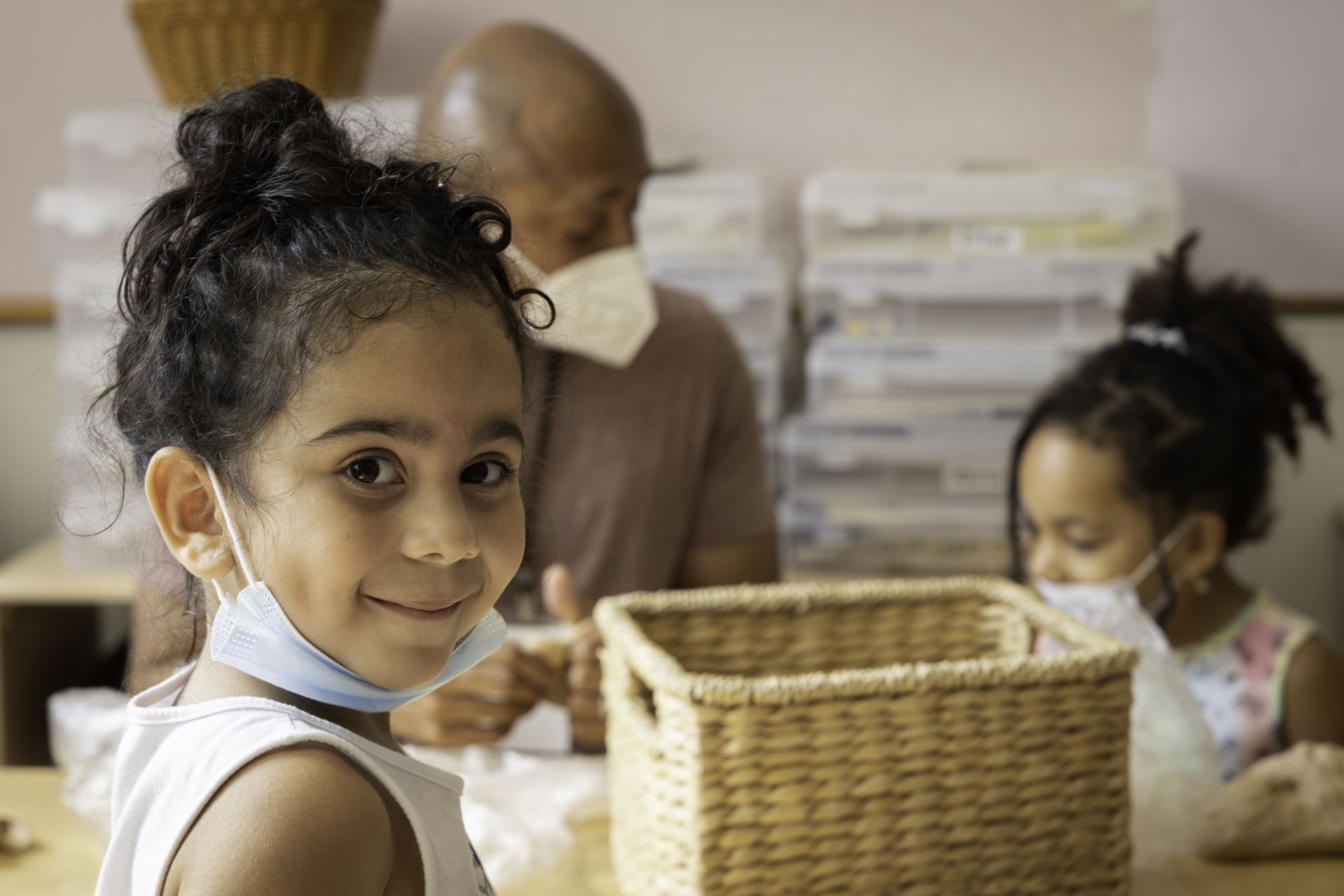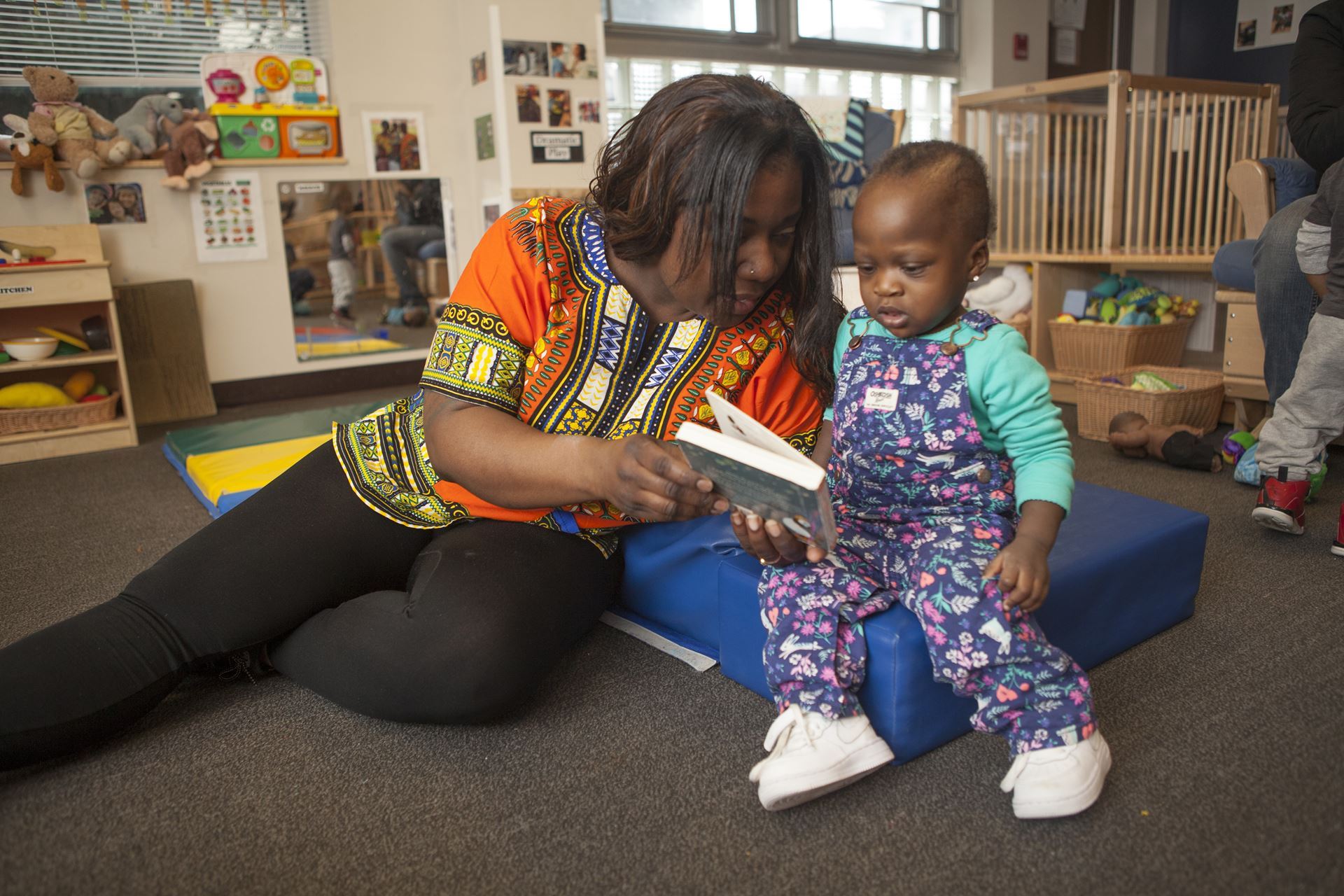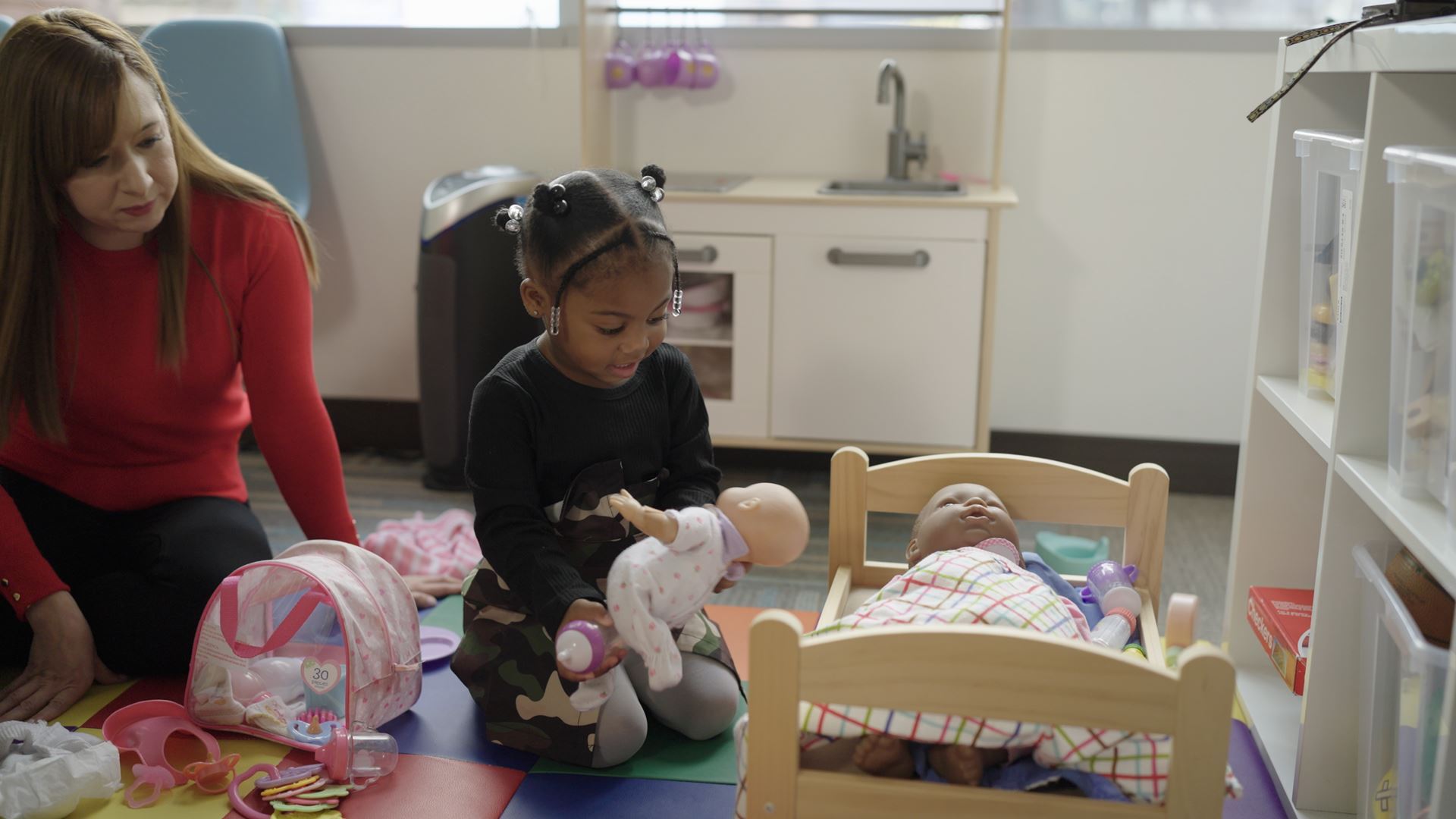Conference Theme
The dominant historical narrative of early childhood education, which purports that the field has 1800s “European roots,” ignores millennia of early care and education practices outside of institutional settings (preschools, kindergartens, etc.) in the community. In Europe, it excludes marginalized groups and classes and, critically, the majority world in its entirety. Black, Indigenous, and other communities of Color, are often situated outside this narrow history of the field. This power dynamic has consistently centered and advanced the interests of those holding power and defining norms in societies, subjugating and devaluing valuable practices and expertise — generation after generation.
In addition to the power dynamics in early childhood education—who counts as a professional, how quality is defined, and whose ways and systems of knowing are centered—we live in a world where the dehumanization and disposability of many lives has become routine. We are currently experiencing violent conflicts in several regions of the world where the lives and livelihoods of children and their families are under constant threat. It is this violation of young children, families, and communities that creates obligations for early childhood teachers, researchers, scholars, activists, and related professionals. This is the context framing the conference theme: “Justice for Young Children, Families and Communities: An Ethical Imperative.”
Justice requires both intention and action. With the understanding that justice is as justice does, how might we engage in (re)imagining more just futures for children, families, the workforce, and communities? That is, how might we extend ourselves, our practices, our research, and our policy work in the pursuit of justice?
This year’s theme conveys the urgent need to identify and interrupt injustices and foster equity by thinking and working differently; focusing on putting things right and repairing the harm(s) caused with renewed attention on healing; reworking relationships with communities; and acknowledging our interconnected responsibility to identify the root cause of injustice.
Participants are invited to (re)think justice in the face of everyday injustices, historically rooted inequities, environmental and policy practices that reflect the long-lasting footprint of colonialism, and ongoing terrors experienced by children. And—while RECE has historically sought to address issues of justice and equity—given the current conditions under which many children, families and communities are living (often just barely), continuing and expanding upon this work is an ethical imperative.
For the 30th conference, we invite proposals that take up this ethical imperative that explicitly address the theme of the conference, as well as proposals that address other ongoing visions of RECE, including (but not limited to) those which:
- are developed participatorily;
- reconceptualize the intersectionality of individual, social, and environmental (planetary) justice;
- employ principles of data justice;
- value community wisdom and history;
- adopt assets-based and justice-oriented approaches;
- address conditions that construct barriers to opportunities and equitable access;
- capture the interconnectedness of in/justice issues and/or systems of oppression;
- challenge universal assumptions of children and childhoods;
- expand on traditional notions of what research is or might be; and/or
- cultivate opportunities and spaces where racialized and minoritized young children, families and communities experience joy, happiness, care, justice, and affirmation.
Ultimately, we seek to develop a program filled with possibilities, as we hope to compile an entire constellation of possibilities to guide RECE—and the field—toward a more just future.




